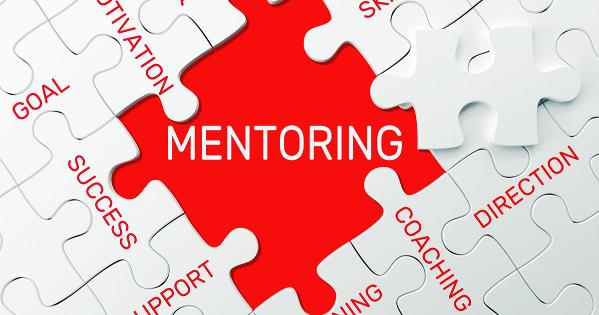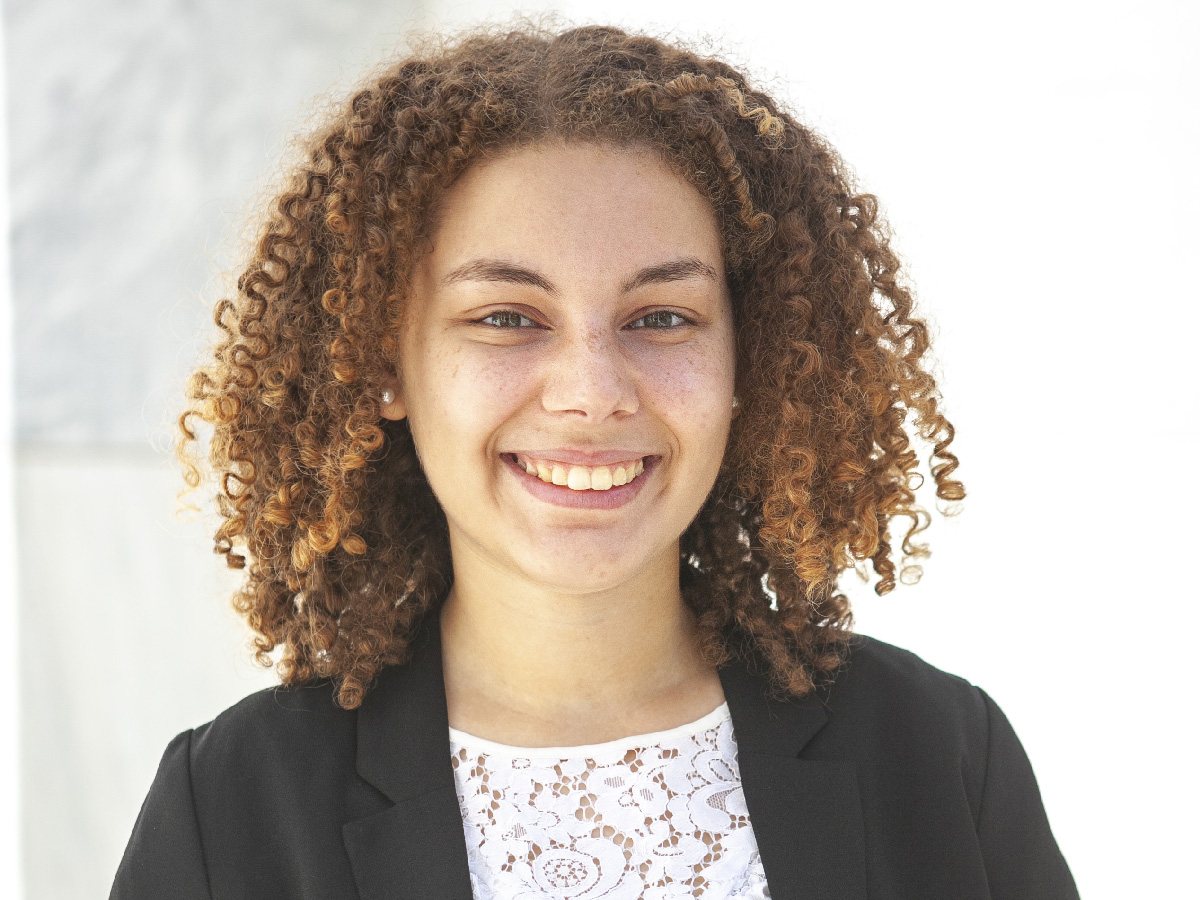Mentorship Program Provides Vital Connections for Latino and Hispanic Students

Jacqueline Garcia takes matchmaking seriously.
Garcia, a co-chair of AU’s Latino and Hispanic Faculty and Staff Affinity Group (LHSFA), is proud of how the leadership team has connected faculty and staff with students in the group’s mentorship program. They take their time and try to establish meaningful links between mentor and mentee.
“We want to connect people with similar interests because it makes you feel human when you have things in common,” said Garcia, a communications and graphics coordinator in human resources. “We ask a lot of questions in our application process. We want to know what characteristics they want in a mentor.”
The LHSFA team will soon be hard at work making those connections once again. The group’s deadline for mentorships for its third cohort just wrapped, making the AU Latino and Hispanic Mentorship Program one of the longest running of its kind among affinity groups. Soon after, the matchmaking begins.
The program first launched as a three-month pilot in spring 2019. The first group had 46 participants, with 17 mentors for 29 students. The support of an inclusive excellence mini-grant helped extend the second cohort run, from October 2019 through March 2020. The third cohort—which will include graduate students for the first time—will launch in October and run through April 2022.
“The goal was to not only give back to our student community, but to create safe spaces and opportunities for our AU Latino, Hispanic, and Latinx staff, faculty, and students to build connections that would help them succeed in their academics, professional, and personal journeys on- and off-campus,” Garcia said. “I love how this has evolved. I love the doors this has opened.”
Veronica Pacheco embodies the success of the program so far.
Pacheco, an international studies student, joined the first two cohorts of the program and has applied for a third time this fall. The program helped ease her culture shock from moving from a majority Hispanic and Latino community in central New Jersey to AU as a first-generation student.
“It was so great to get to talk to someone here who could help my transition,” said Pacheco, whose parents are immigrants from Cuba and the Dominican Republic. “I’m really glad it exists because it gives you access to directly speak with faculty and staff and gives you the chance to talk to someone who knows about AU and has maybe gone through some of the stuff you have before.”
 Veronica Pacheco is a two-time participant in the Latino and Hispanic Mentorship Program. (Courtesy of Veronica Pacheco).
Veronica Pacheco is a two-time participant in the Latino and Hispanic Mentorship Program. (Courtesy of Veronica Pacheco).
Pacheco said her mentor, CAS professor Gemma Suñé Minguella, not only provided advice about college but also checked in through the pandemic and the events of 2020 to ask about Pacheco’s well-being and make sure everything went smoothly with online learning.
Garcia’s affinity group co-chair Claudia Blount developed a close relationship with her mentee, who reminded Blount of her daughter. The two bonded over life experiences and similar interests.
“It was a perfect match,” said Blount, a senior coordinator at WCL. “We developed an open space to have important conversations that may not have happened outside of this safe space.”
Elmer Yglesias, a co-chair of the mentorship program with Caroline DeLeon, also found multiple connections in his mentee. Both are from California, and both had an interest in government work. But he said he approached the mentorship with a specific goal.
“My number one goal is to make sure my mentee has a better resume when they leave,” said Yglesias, a data scientist working in graduate admissions for CAS.
DeLeon, an adjunct professor in SOE, has noticed mentees can use simple help, like orienting themselves on campus and finding places to eat around DC. But she has also been able to find commonalties with the mentees in the program with her background growing up and as a first-generation student.
“As a Latina working at a predominantly white institution, I am very hyper aware of how I navigate systems at AU. My family taught me how to not only advocate for myself, but for our community as well,” DeLeon said. “My mother still cleans houses for income, and my father was a painter in a factory for many years and now works the evening shift cleaning offices. I am proud to be their daughter and can relate to our mentees because our success goes way beyond us as individuals and is a win for our family, our culture, and representation.”
Every member of LHSFA’s leadership team said they have found the program rewarding personally as well as seeing an alignment with the university’s goals in diversity and inclusion and with the strategic plan.
“One of the reasons I was attracted to the program is that I wanted to make a difference,” Yglesias said. “The university has a strategic plan, but plans can come and go and collect dust. It’s up to people to make them work. I wanted to see an effect on a micro level. I wanted to help directly create a tangible outcome.
“If something like this works, you’ve created a template for replication. And that can help meet higher goals of the university.”
